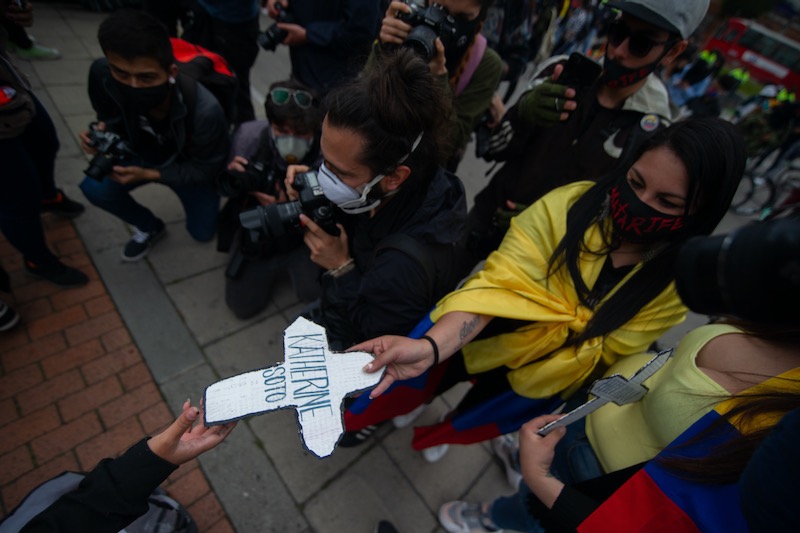Colombians have suffered a new series of atrocities, with three killings last Friday and Saturday that left 24 people dead including six boys, three Awá indigenous and seven young men under 27.
A further six victims have still to be identified. This brings the number of massacres carried out in Colombia in 2020 to 43, with a total of 181 dead. The majority of the killings have taken place in the south-west of the country, in the departments of Antioquia, Cauca, Nariño and Putumayo. On 15 August eight young people were killed at a barbecue in Samaniego, Nariño, when four hooded gunmen burst in and opened fire. On 11 August five teenagers aged between 14 and 15 were found dead in a sugar cane plantation near Cali.
The mother of one of the Cali victims said: “Because we’re vulnerable and black, lots of people think they can walk all over us and forget about what happened to our children. Don’t let it be forgotten.”
The Colombian bishops conference issued a statement after the first two massacres expressing their “deepest distress” and offering their solidarity. They urged the government to “further increase its efforts to give effective protection to the communities most affected by the consequence of the violence and to continue work on the implementation of the peace accords”.
Responsibility for the massacres remains unclear. The government is tending to blame drug gangs, but the families of the victims insist that their children had no involvement with drugs.
A frequent complaint in these areas is that there is no government presence, allowing elements of armed groups that did not accept the peace agreements made in 2016 by the previous government of Juan Manuel Santos to fight for control of territory. The result is a battle between right-wing paramilitaries, dissident FARC guerrillas and the ELN guerrillas, who have not yet made a peace agreement with the government, and the drug trade, especially on the nearby Pacific coast, is always a factor.



 Loading ...
Loading ...